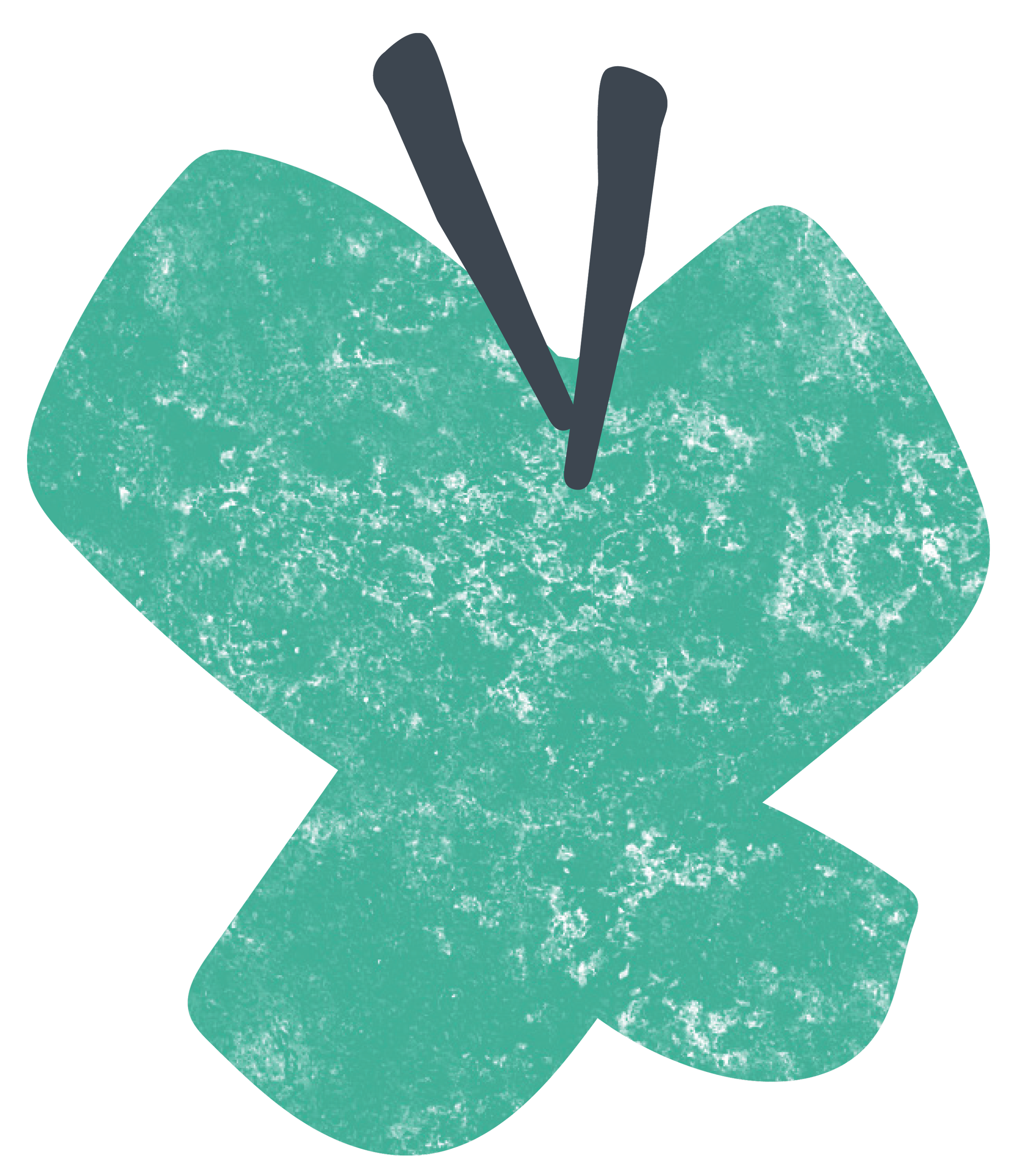
BEINg Me

CreAtIVE cluBS fOR autISTic gIRls & nON-binaRY yoUNg peOPle
We are currently recruiting participants for our next phase of Being Me Clubs in Cheltenham which will begin in May 2025.
Plans for our Being Me Project in 2025-26 in Gloucestershire include
11-16 clubs
17-25 clubs
A pilot of primary aged clubs
A Being Me Fesitval
Being Me (in my bedroom) - connection + creativity for those who feel happiest at home

Feedback
‘Being Me’ clubs are spaces where Autistic girls and non-binary young people can feel accepted and celebrated for being their authentic selves.
Our neurodivergent facilitators provide optional creative activities in a low pressure, neuro-affirming environment where participants can just ‘be’, alongside other Autistic young people.
Our clubs have shown to:
Raise participants’ confidence
Help participants to further understand themselves and their identities
Connect participants with other Autistic young people and their families
Enable participants to express and advocate for their needs

“This place has been everything for J. It’s the only place that she feels she can be herself”
Parent of ‘Being Me’ participant
“A loves coming here, it’s all she talks about”
Parent of ‘Being Me’ participant

JOin oUr Clubs
If you or your young person is interested in coming along to a ‘Being Me’ club, please fill out our form.
We will get in touch with more information. We’ll also ask to learn more about you to make sure our Being Me Clubs are spaces where you or your young person will be happy and safe.

about
From November 2022- February 2023, we piloted two successful clubs, thanks to one-off funding from Bristol, North Somerset and South Gloucestershire NHS Integrated Care Board.
Following this, we received continuation funding from NHS for our South Gloucestershire club, and new funding from The Barnwood Trust for ‘short breaks’ provision in Cheltenham. The purpose of the Barnwood funding is to ensure that parents and carers receive opportunities to take breaks away from their caring responsibilities, in order to recharge their batteries for their physical and mental wellbeing. We’re thrilled we’ve been recomissioned by The Barnwood Trust and will continue to be delivering Being Me in Cheltenham from April 2025 - March 2027.
Participants do not need a formal autism diagnosis to attend our clubs. They are run by neurodivergent adult facilitators, assistants and volunteers. Our facilitators are professional artists whose practices include writing, music, theatre and circus.
Our clubs provide an environment where young person are safe, respected and able to follow their interests.
How We taLK abOUt AutISM
We respect every individual's right to describe themselves and express their identities in a way that feels best for them. We also think it's important to be clear as a company about the guidelines we follow when talking about autism and neurodiversity.
We respect neurodiversity
The world consists of people of varying thinking and being styles, and we believe autistic people belong in the world. We want autistic people to be, and feel, accepted – for being autistic, and for being who they are.
Language matters
We talk about ‘being autistic’, and 'autistic people’. We prefer using the term ‘Autistic Spectrum Condition’ (ASC) to ‘Autistic Spectrum Disorder' (ASD), to reinforce the fact that there isn’t anything wrong with being autistic!
Autism describes a particular way of thinking and being in the world, not a problem or illness.
We are a learning organisation
We reflect on autistic-led autism research to ensure we are supporting autistic people in the most beneficial ways, and know this is constantly developing and evolving process.
We are happy to be challenged, and we take feedback on board, carefully considering any changes we can make.
We’d like everyone we interact with to feel included and supported, and encourage conversations to help do this.
Describing our needs
We avoid phrases like ‘high/low functioning’ or ‘mild/severe’ autism, as this can create inaccurate and unhelpful assumptions about autistic people.
We prefer to talk about our ‘support needs’ and ‘access requirements’, knowing that these can and will change. We understand autistic people’s needs and requirements may not be obvious, and vary in different situations.
Discussing our needs, and the needs of others, is always an open and ongoing conversation.







